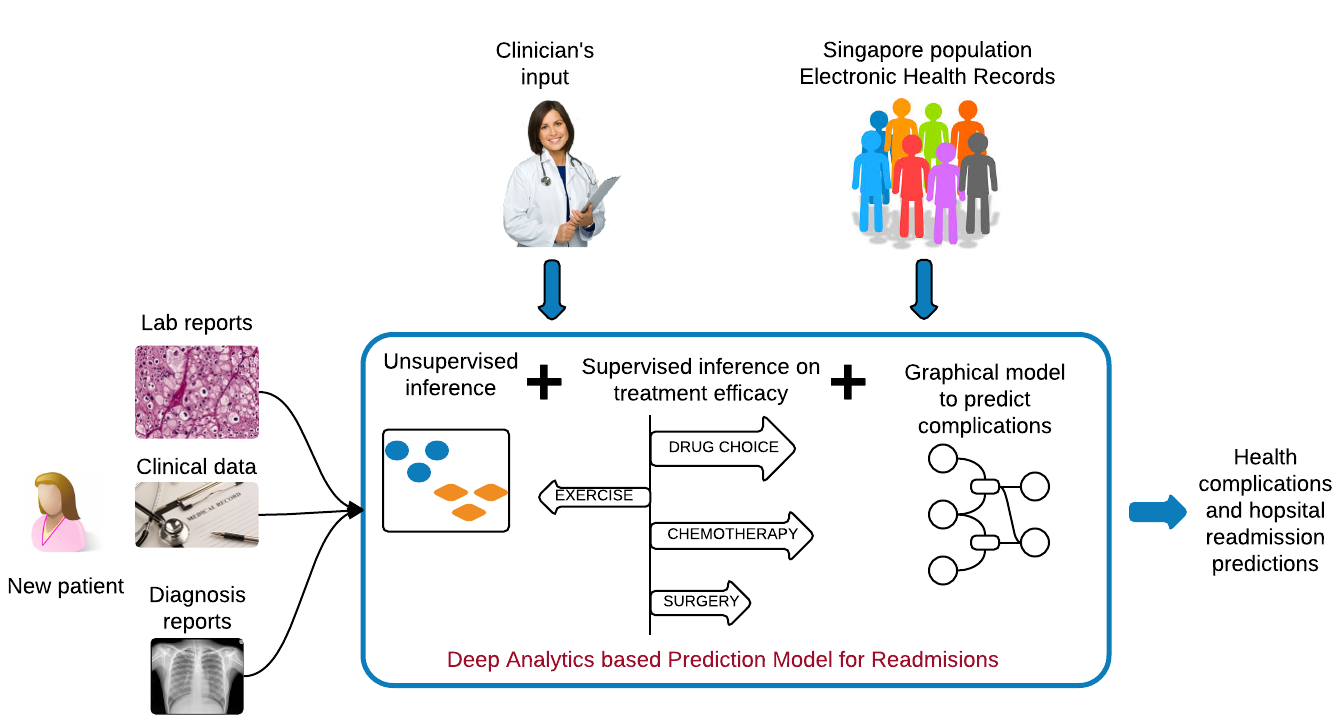
AI Algorithms Revolutionize Alzheimer’s Detection with Unprecedented PrecisionAI Algorithms Revolutionize Alzheimer’s Detection with Unprecedented Precision A groundbreaking advancement in artificial intelligence (AI) algorithms has brought unprecedented accuracy to the prediction of Alzheimer’s disease, potentially transforming early detection and intervention strategies. Researchers have developed sophisticated machine learning algorithms capable of analyzing vast amounts of patient data, including medical history, genetic information, and neuroimaging scans. These algorithms can identify subtle patterns and correlations that escape traditional human diagnosis. In a landmark study published in Nature Medicine, researchers demonstrated that their AI algorithms could predict the onset of Alzheimer’s disease with remarkable accuracy. By combining data from brain imaging, blood biomarkers, and genetic markers, the algorithms achieved an accuracy of over 90% in predicting the development of the disease within five years. This breakthrough has several significant implications: * Earlier Detection: Early detection is crucial for timely intervention and improving treatment outcomes. The AI algorithms enable healthcare providers to identify individuals at high risk of developing Alzheimer’s, allowing for proactive measures to slow disease progression. * Personalized Treatment: By predicting individual disease trajectories, the algorithms can help tailor treatment plans to specific needs. This could optimize therapy and improve the quality of life for patients and caregivers. * Innovative Research: The AI algorithms provide a powerful tool for researchers to investigate the underlying mechanisms of Alzheimer’s disease and develop new therapies. By analyzing large datasets, researchers can gain insights into disease progression and potential targets for intervention. However, it is important to note that AI algorithms are not perfect. They are dependent on the quality and accuracy of the data they are trained on, and there is a risk of bias if the data is not representative of the population. Despite these limitations, this technological advancement represents a major milestone in the fight against Alzheimer’s disease. By harnessing the power of AI, healthcare providers and researchers can dramatically improve the accuracy of early detection and pave the way for more effective interventions. As the field of AI continues to evolve, we can anticipate even further improvements in disease prediction and personalized medicine, ultimately leading to better outcomes for patients and their loved ones.
Posted inNews